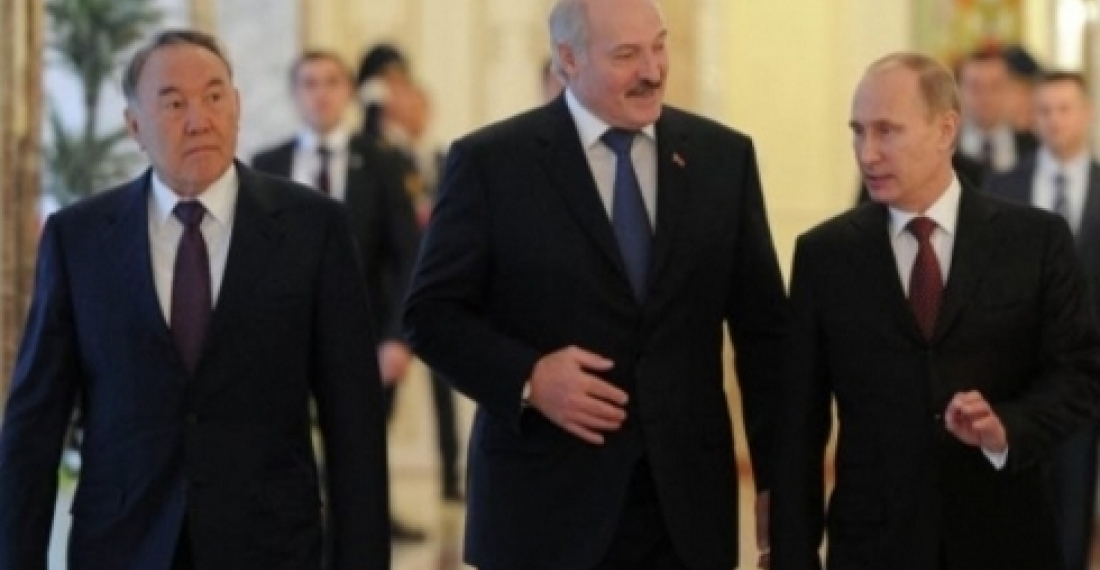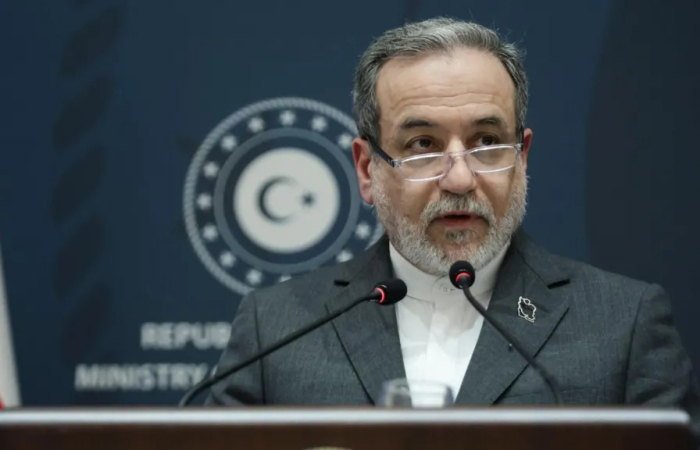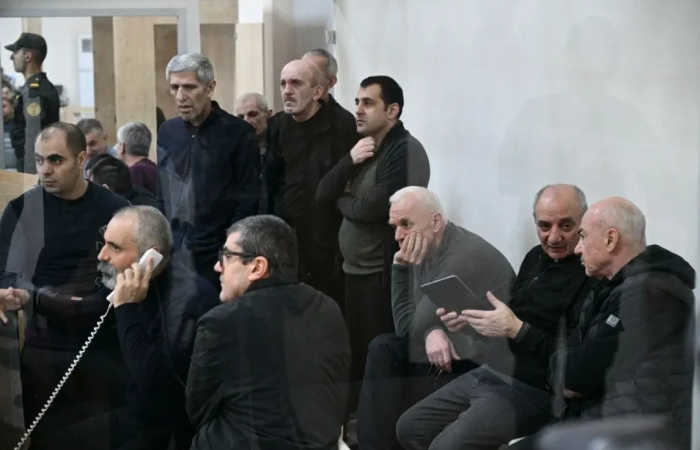Russia is pushing those former Soviet Republics that remain members of the Commonwealth of Independent States (CIS) to co-ordinate foreign policy. A summit meeting of the Heads of State of the eleven country organisation is due to open in Minsk today. Their Foreign Ministers met yesterday to prepare the meeting. Russian Foreign Minister Sergei Lavrov was quoted by the Russian news agency Itar-Tass as saying that coordination of foreign policy cooperation of the countries of CIS, including on such issues as the situation in Syria, prospects for the developments in Afghanistan and interaction with the UN and OSCE, was the main issue discussed in the meeting.
"We exchanged views on hot international problems, including the Syrian crisis. Many interests that are linked not only with this country, but also with the principles of world order, the way of settling regional problems clash here. It is also very important for us to uphold the rule of international law on the global scale," the minister said.
Lavrov also said that the meeting discussed various aspects of interaction between the CIS and the OSCE. "Most of the CIS countries have for several years been promoting a draft of the basic principles that would set uniform standards and criteria for election observation through this organisation," said the minister. According to him, the possibilities of cooperation with the OSCE on finding ways to respond to new challenges and threats were also discussed.
Russia has for a long time wanted changes to the OSCE format, and together with some other CIS countries such as Belarus, has been critical of the OSCE's role in the promotion of human rights and free and fair elections, which it considers biased. The issue has come to the fore in recent days following a negative assessment by the OSCE/ODIHR long term monitoring mission of the Presidential election held in Azerbaijan on 9 October. Russia, which has a complicated relationship with Azerbaijan, is trying to play up the issue in order to gain favour with the leadership in Baku. President Ilham Aliev of Azerbaijan will be among those attending the Friday summit.
Decision making within the CIS is however often cumbersome. Countries like Moldova and Ukraine, who are about to enter into Association Arrangements with the EU do not share many of the perspectives of some of the other states. Ukraine currently holds the rotating Chairmanship of the OSCE and an OSCE Ministerial meeting will take place in Kiev in early December. Turkmenistan, and increasingly Uzbekistan have been aloof from the CIS process. Of the fifteen former USSR republics the three Baltic States never joined the CIS in the first place. Georgia left after the 2008 war with Russia.
The agenda of the summit Minsk Summit includes 14 items that cover various aspects of cooperation starting with humanitarian cooperation and ending with security and economic relations.
There are plans to adopt programs on cooperation in fighting terrorism and other violent manifestations of extremism in 2014-2015, on cooperation in fighting the illegal turnover of narcotic substances and counteracting drug addiction in 2014-2018.Discussions will also focus on an interstate program for joint actions to fight crime in 2014-2018 and a program for cooperation between the CIS states in fighting slave trade in 2014-2018. The heads of state are expected to adopt an agreement on setting up an interstate council for counteracting corruption and a program on cooperation in fighting crimes committed using information technologies.
The summit will also discuss preparations for celebrating the "70th anniversary of the Victory in the Great Patriotic War of 1941-1945". The presidents are also expected to agree on declaring the year 2014 as the Year of Tourism in the CIS and on implementing the interstate program Cultural Capitals of the Commonwealth will be made.
Commonspace.eu political editor said in a comment that "whilst some of the CIS member states still run for the cover of Russia whenever they are under pressure, none is ready to sacrifice their sovereignty or ability to operate independently in the foreign policy sphere. Whilst CIS member states may, from time to time, agree on some broad foreign policy initiative when meeting together, once they are within the wider dynamic of European or global diplomatic fora they quickly adjust to the different reality. Ever since the collapse of the USSR Russia has struggled to maintain its privileged position in the post-Soviet space. This works with the weaker countries who still depend on Russia economically and militarily, but others are very wary to be seen acting as Russia's proxies. Russian diplomacy has been trying to ensure that the CIS summit in Minsk is qualitatively better than the others. Its success in doing so is however likely to be limited."
source: commonspace.eu
photo: President Nazarbayev of Kazakhstan, President Lushenko of Belarus and President Putin of Russia at a pre-Summit meeting in Belarus on Thursday. (picture courtesy of RIA Novosti)







